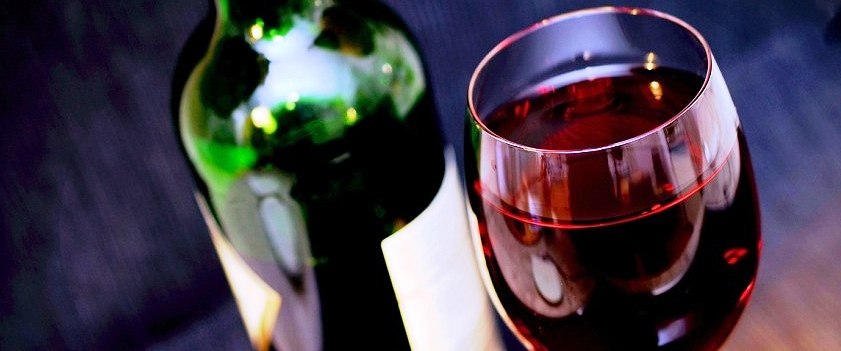
Aging and Preservation of Wine – Myths and Truths
Many believe that the longer a wine ages, the better it becomes. We often hear stories about decades-old wine bottles being sold at astronomical prices in auctions. Images of dark, stone cellars come to mind, where wine bottles, entangled in cobwebs, have turned into nectar of the gods. But do these myths about wine hold true?
Does every wine have the potential to age? And if so, how should it be preserved to achieve its maximum flavor characteristics? These are factors that restaurateurs must pay close attention to, as a wine can play a significant and equal role in enhancing a meal’s enjoyment and improving their business’s image. First and foremost, we need to distinguish between the aging of wine and its preservation.
Aging is the process where time, under specific conditions, enhances the characteristics of the wine. Without this process, its components (acids and tannins) may not have fully integrated. The taste is flat, the color not clear, and it lacks the power of fermentation aromas (bouquet). On the other hand, preservation is the proper handling by the producer or consumer to ensure the right storage conditions. These conditions will help the wine remain unaltered until consumption. Not all wines are suitable for aging. It depends on their type, grape variety, production year, and their overall quality.
In particular, white wines have a lesser aging potential compared to reds. Sweet wines age better, especially fortified ones. In general, wines poor in tannins do not benefit from extended bottle aging, while tannin-rich wines improve with time. Many believe that wine will become better by simply leaving it with time. However, proper storage is necessary for aging. Factors to consider:
- Temperature: An ideal range is 10-15 degrees Celsius. High temperatures accelerate undesirable effects.
- Humidity: Around 60-80% relative humidity keeps the cork healthy.
- Light: Direct sunlight causes reactions that alter the wine. Dark space is ideal.
- Noise and Vibrations: Avoid loud noises and vibrations that may disturb the wine’s tranquility.
In summary:
- Not all wines have the same aging potential. Those rich in tannins benefit more.
- Proper storage with suitable conditions is essential. Temperature, humidity, darkness, and tranquility are critical factors.
- Time alone does not improve the wine. A combination of factors is needed for proper maturation.
- Each wine has its own optimal aging potential. Not all wines can age indefinitely.
The aging of wine is a complex and fascinating process. It requires knowledge, patience, and respect for each wine’s nature. With the right storage conditions, good wines can evolve into unique and exquisite beverages, worthy of the patience and care devoted to them. Monitoring their development over time is an exciting process, full of surprises and satisfactions.
Ismailidis Christos

Share
Facebook
Twitter
LinkedIn
Telegram
Tumblr
WhatsApp
VK
Mail